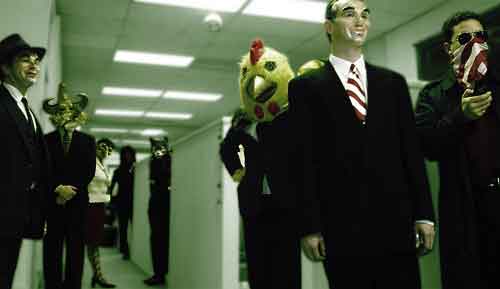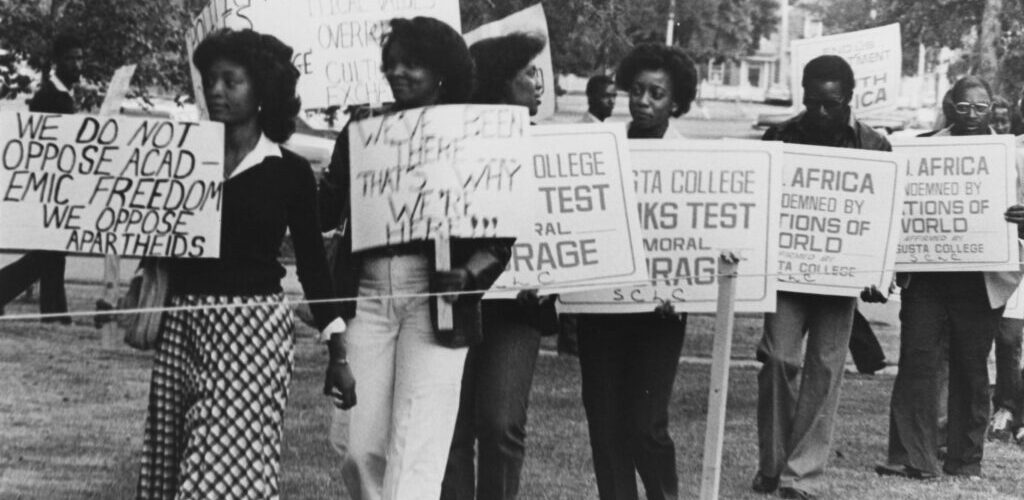The S.C.U.M. Manifesto is an account of Valerie Solanas’s radical feminist views. She argues that men are incomplete women who spend their lives attempting to become female. Through this pursuit, men have corrupted the world by forming harmful systems that give them a false sense of purpose. To relieve society of this corruption, women must recognize the damage caused by men and tear apart the systems that are ruining the nation. Ultimately, Solanas advocates the eradication of men.
“To be male is to be deficient, emotionally limited; maleness is a deficiency disease and males are emotional cripples.”











